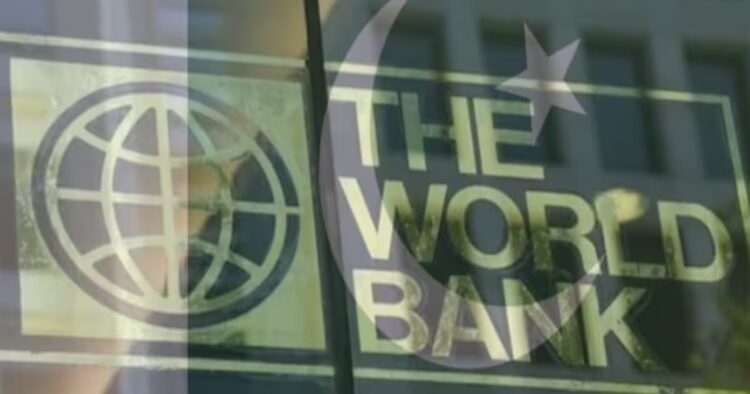In a recent article featured in the UNDP publication, World Bank Country Director Najy Benhassine highlighted the urgent need for policy changes in Pakistan’s economic model. Benhassine expressed concerns over the country falling behind its peers, with progress in poverty reduction reversing and growth benefits concentrating among a narrow elite.
One of the critical areas that demand attention is the agri-food sector. Benhassine stressed the necessity of reforms to address subsidies and price restrictions in agriculture, unlocking smallholder farmers from low-value farming practices. Additionally, he emphasized the need for reforms in the energy sector to achieve financial sustainability, improve distribution efficiency, and reduce the high costs of electricity generation through increased renewable energy.
However, Benhassine acknowledged that reform efforts often face opposition, raising questions about whether those with power will seize the opportunity presented by the current crisis to implement necessary changes. He urged Pakistan to unite in the pursuit of a brighter, more prosperous, and sustainable future.
Fiscal management emerged as a key concern, with unsustainable levels of debt servicing costs and domestic revenue mobilization. Benhassine called for drastic improvements in fiscal management, including reducing regressive subsidies and losses from inefficient state-owned enterprises. He proposed raising more revenue from the better-off through progressive taxation of property and environmentally damaging activities.
To achieve improved living standards, Benhassine highlighted the importance of stronger economic growth and a more dynamic and open economy. This involves reducing protectionism in inward-oriented sectors, addressing distortions in taxation, and enhancing the overall business environment, especially for smaller firms. Structural macroeconomic imbalances, particularly on the fiscal side, were identified as prerequisites for a stable economic environment to attract investors.
Yong Ye, the Country Director of the Asian Development Bank in Pakistan, echoed similar sentiments. Ye emphasized the need for consistent country policies and an uninterrupted reform momentum to create a conducive environment for addressing complex economic challenges and achieving effective outcomes from development assistance.
As both the World Bank and Asian Development Bank underscore the importance of timely and comprehensive reforms, Pakistan faces a crucial juncture in shaping its economic future. The success of these proposed changes will depend on the collaboration of various stakeholders and a collective commitment to fostering prosperity, inclusiveness, resilience, and sustainability.
















Comments